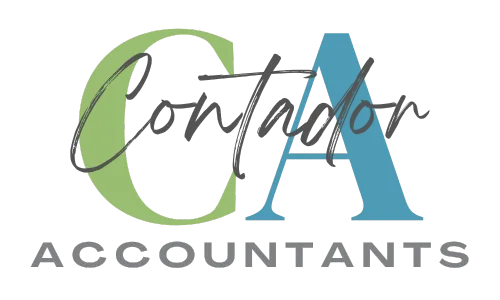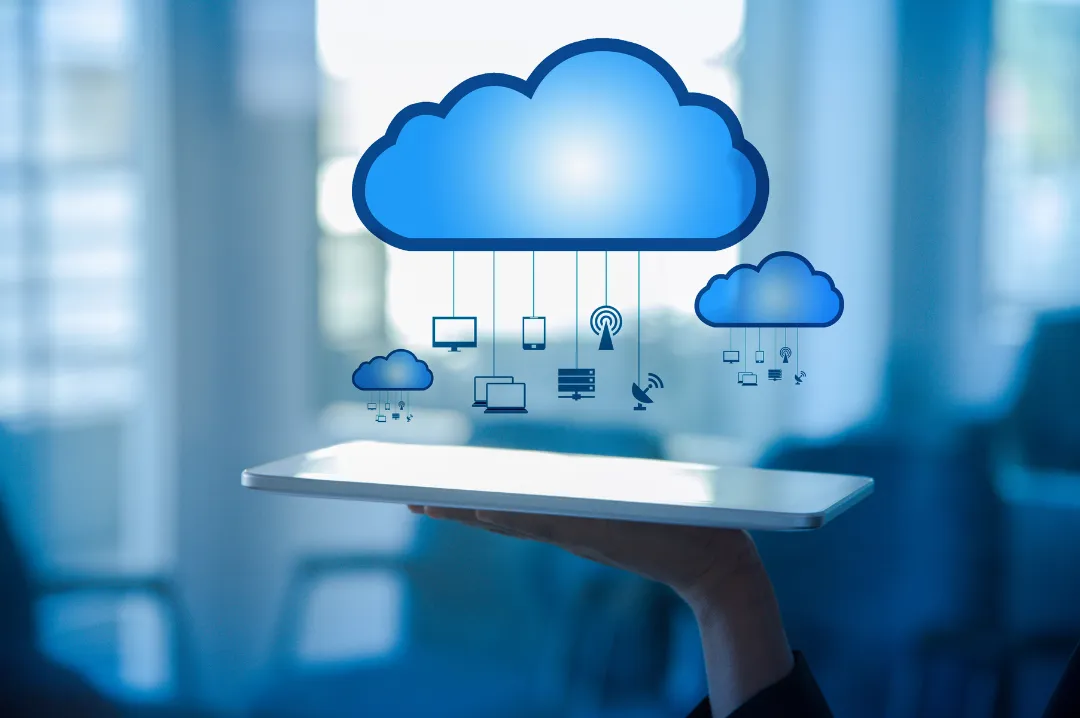Gone are the days when you had to pour large amounts of your precious start-up cash into IT infrastructure just to support your accounting department. It is now easier and more affordable for business owners to get started with accounting and to stay on top of their finances than ever before.
If you’re starting a new business and you’re not sure whether you should take the cloud or desktop route, or if you are still using desktop accounting software and you’re not sure whether you should make the switch, here is a list of the many benefits of cloud accounting to help you make a decision:
1. More Flexibility
You can access your accounts from anywhere, anytime, as long as you have an internet connection. You don’t need to work late at the office to catch up on your admin as you can do it from your couch. You can send out quotes or invoices from your mobile device while finishing up at a client. Or you can view your cash flow statement immediately should you need to decide whether or not you can afford to buy a new asset.
Your staff can also work from anywhere, which means that you can employ freelancers and virtual bookkeepers for only those hours or days that you need their services. Scaling up or down whenever you need to is easy.
2. Always on the Latest Version
You don’t need to run time-consuming updates of the software when you use a cloud-accounting package. You will always be on the latest version, without you having to do anything. Small tweaks and improvements can be made every day by the developers without you even knowing it and without interruption.
3. Up-To-Date View of Your Business Performance
You don’t need to ask your bookkeeper to compile a time-consuming statement or report and nor do you have to wait for out-of-date management accounts from your accountant to know where you stand. You just log in and view reports in real-time. This makes it easier to make better, informed business decisions at the moment you need to make them.
4. Better Collaboration
Previously, you would see your accountant once a year. Now, your accountant can log into your books at any time to give you advice or to answer your questions whenever you need it most. Your advisor can also see if you haven’t reconciled your bank in a while and may give you a call to prompt you not to fall behind.
5. Paperless and Data in One Place
There is no need to print hard copies of every document anymore. You can import invoices and statements and attach them to your bills for easy reference. You can save bank statements, contracts, and emails. You can even take photos of a product or the work you performed for a client and attach it to the invoice.
You can also use applications like Receipt Bank which makes it easy to record your bills. You scan or take a photo of a supplier invoice and send it to the app. The app reads the data and automatically compiles the information into a bill. All you need to do is check if everything is correct and allocate it to the right account before saving the bill.
Back-ups are performed automatically. You don’t need to have a backup plan or keep copies on external, off-site hard drives anymore. You also don’t need to worry that you will end up with duplicate data files and unwittingly work on the incorrect file.
6. Create a Complete Workflow Online
You can integrate your cloud accounting app with other online business apps to streamline processes and improve your efficiency. Useful apps include those for project management, time-tracking, payroll, eCommerce, point-of-sale, inventory management, and payment applications.
7. Cloud Accounting Is More Affordable
Traditionally, you had to pay for accounting software up-front and buy a license for each user. For small companies or new start-ups, this up-front cost was often a back breaker. Cloud accounting works on a monthly subscription basis and is easily scalable. With Xero, for instance, you only pay for one license for the company, no matter how many users you invite to access the accounts.
Additionally, companies previously had to invest in a server and relatively powerful computers to run accounting software and connect multiple users to the same set of books. Now, you don’t need a server, and you can easily work on a bottom-of-the-range laptop without any hiccups. You can even access some of the cloud-accounting software functions through the mobile app on your smartphone.
8. Easy-To-Use
You don’t need to be a bookkeeping guru to keep your accounts up-to-date or to understand the accounting program. Xero, for instance, was developed with the business owner in mind, not the accountant, and the interface is straightforward and easily understandable.
9. Better for Security and Data Backups
Previously, you would email data files to your accountant or backup the data on a USB device. These formats can be intercepted. With cloud accounting, should your laptop be stolen, no-one will have access to your financial data, unless you have left your login details lying around.
You can also control the level of access that someone has to the program. At the highest level, users can do everything, while at the lowest level the person may only have viewing rights to certain parts of the data. Xero also offers a two-step authentication login feature.
Should a natural disaster strike, your data will be safely stored off-site, and you won’t have any downtime.
10. More Time on Your Hands
One of the biggest benefits of cloud-accounting software is the time-saving aspect. The software is quick and easy-to-use, it integrates with other apps to streamline processes, and you can view financial information whenever you need it without back-and-forth correspondence between yourself and your accountant. All of this saves time that you can dedicate to other tasks like perfecting your products, improving customer service, training your employees, pursuing new business opportunities, or just spending more time on yourself or with your family.
Get in touch with us if you’re still on the fence as to whether you should choose cloud accounting or not. We’ll discuss your requirements and suggest the best options for your business needs. You can also try cloud accounting for free to get your feet wet before you commit.

